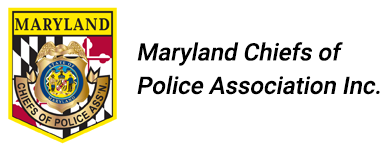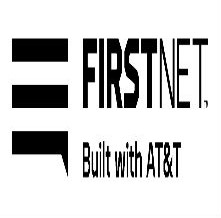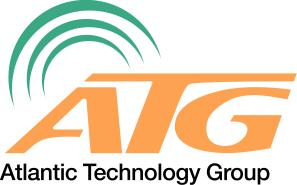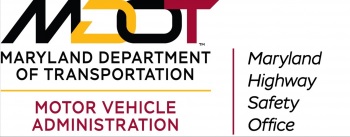- Home
- About
- Membership
- Annual Seminar
- Training
- Highway Safety
- Contact Us
- Support MCPA
- Charitable Activities
Technology Policy FrameworkSACOP Members:
Technology plays an increasingly important role in the daily work of officers in the field, equipping them with enforcement and investigative tools that make them safer, better informed, and more effective and efficient. When properly deployed and managed, these technologies create new opportunities to enhance public safety in communities nationwide. As you know, many communities around the nation, however, have or are considering limiting or rejecting the use of some of these technologies, including automated license plate readers, unmanned aerial systems, and video surveillance systems. Privacy advocates, elected officials, and members of the public have raised important questions about how and under what circumstances many of these technologies are deployed and about the retention, use, and sharing of the data that is gathered. We have heard from our members and understand the need to provide guidance to the field regarding the creation and enforcement of policies that govern planning, implementation, training, deployment, use, and management of these technologies and the information they provide. As a result, the IACP has developed the IACP Technology Policy Framework to help law enforcement executives create effective policies. I know Mike Wagers has shared with you versions of this document as it was being developed seeking your input. I appreciate those of you who provided feedback. I also want to thank Chiefs Dave Maggard and Greg Rushin for their participation on the ad-hoc committee, as representatives of SACOP, for assisting in its development. The Framework highlights important factors to take into account when deciding whether to incorporate and integrate certain technologies. More importantly, it identifies nine universal principles that should be considered when developing agency policies: • Specification of Use; • Policies and Procedures; • Privacy and Data Quality; • Data Minimization and Limitation; • Performance Evaluation; • Transparency and Notice; • Security; • Data Retention, Access, and Use; and, • Auditing and Accountability. In addition to the nine universal principles, the Framework provides structural guidance for the development of policies and procedures that ensure the public that their privacy, civil rights, and civil liberties are recognized and protected. Thanks to the Virginia Association of Chiefs of Police for already posting the Framework on their site. I hope other state associations will do the same. For a copy of the IACP Technology Policy Framework, visit: IACP TECHNOLOGY POLICY FRAMEWORK |








